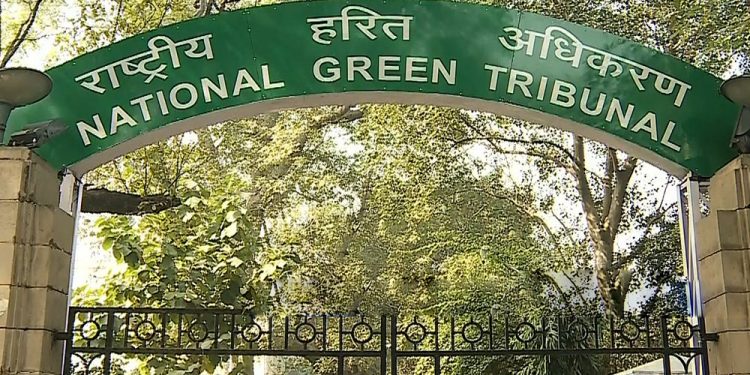New Delhi: The National Green Tribunal (NGT) has directed the Odisha government to file a status report regarding the steps taken by it for the effective management of solid waste in the state by March 26.
A three-judge bench comprising chairperson Adarsh Kumar Goel and judicial members SP Wangadi, K Ramakrishnan and expert member Nagin Nanda asked the Chief Secretary to remain present in person in the tribunal and also directed the state to constitute state-level committee with Justice PK Mohanty, former judge of Orissa High Court as the chairperson of the committee to monitor implementation of Solid Waste Management (SWM) Rules, 2016.
“The Member Secretary of the State Pollution Control Board will be the Member Secretary of the Committee, other members being Secretaries, Urban Development/Local Bodies/Local Self-Government, Environment, Rural Development Health and representatives of CPCB, wherever office of CPCB exists or representative is nominated by CPCB,” the bench observed.
The bench further said that the committee will hold its first meeting before February 15 and, thereafter, hold meetings periodically as may be found necessary as per the directions of the chairperson of the committee.
“We have already noted that ‘Polluter Pays’ principle can be applied by every regulatory authority and compensation can be and must be recovered from every polluter and the amount which is recovered is spent for the restoration of the environment. The compensation for damage to the environment will be payable by each of the states/ UTs at the rate of Rs 1 crore per month for each of the Priority- I and Priority- II stretches, Rs 50 lakh per month for stretches in Priority- III and Rs 25 lakh per month each for Priority- IV and Priority- V stretches,” the NGT observed.
It has also asked the state government to constitute a special task force in each district to create awareness about the SWM rules, 2016 by involving educational, religious and social organizations including local eco-clubs.
“The issue of solid waste management is of paramount importance for protection of environment. Failure to address this issue in a satisfactory manner, impacts air pollution as well as water pollution,” the bench observed.







































